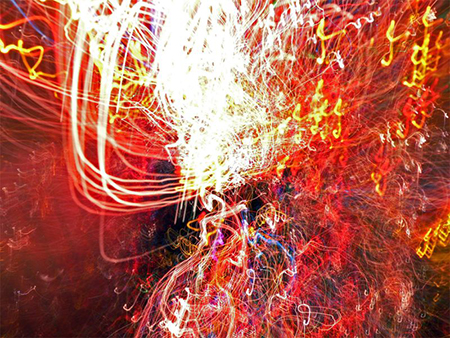Is Chaos an Actual State?
-
-
slice.mit.edu
Filed Under
Recommended
Such a broad question requires input from MIT's philosophy department…
It’s human nature to try and make sense of things: why a tornado takes the path it does, why the Dow Jones falls one day and rises the next, why rose petals are shaped the way they are, why we fall in love. It’s comforting to imagine that order trumps chaos and that every effect has its cause, a sort of cosmic cue stick that sends billiard balls caroming predictably across the green felt of the universe.
“It may be that every event has a cause, but we don’t know yet because we don’t yet have a fundamental physical theory that explains the way the world works,” says Damien Rochford PhD '13, formerly in MIT’s Department of Linguistics and Philosophy. “But given what we do know, there’s reason to believe that not every event has a cause.” The ancient Greeks were as bewildered by such a concept as we are, and when they looked into the empty abyss of the universe, they called it “khaos.” Our modern word “chaos” may well refer less to confusion and pandemonium than to another kind of emptiness—a gap in our knowledge.
Philosophers and physicists have grappled for centuries to fill that gap. In the 18th century, Newtonian mechanics emerged, explaining the world’s workings as a series of forces—like gravity—and the inevitable responses of physical bodies—like falling apples. “Newton’s laws of physics were believed to govern the universe,” says Rochford. “The state of the world at any given time determined its state at every time after that. Every event could be traced back to a cause.”
For a long time, determinism held sway, underpinning 20th-century concepts including Einstein’s theory of relativity—until quantum mechanics turned the cause-and-effect model on its head. “If quantum mechanics is true,” says Rochford, “the world is not deterministic, and some things happen for no reason at all.” Read more.
Thanks to Mahy of Egypt for this question. Visit the MIT School of Engineering’s Ask an Engineer site for answers to more of your questions.








